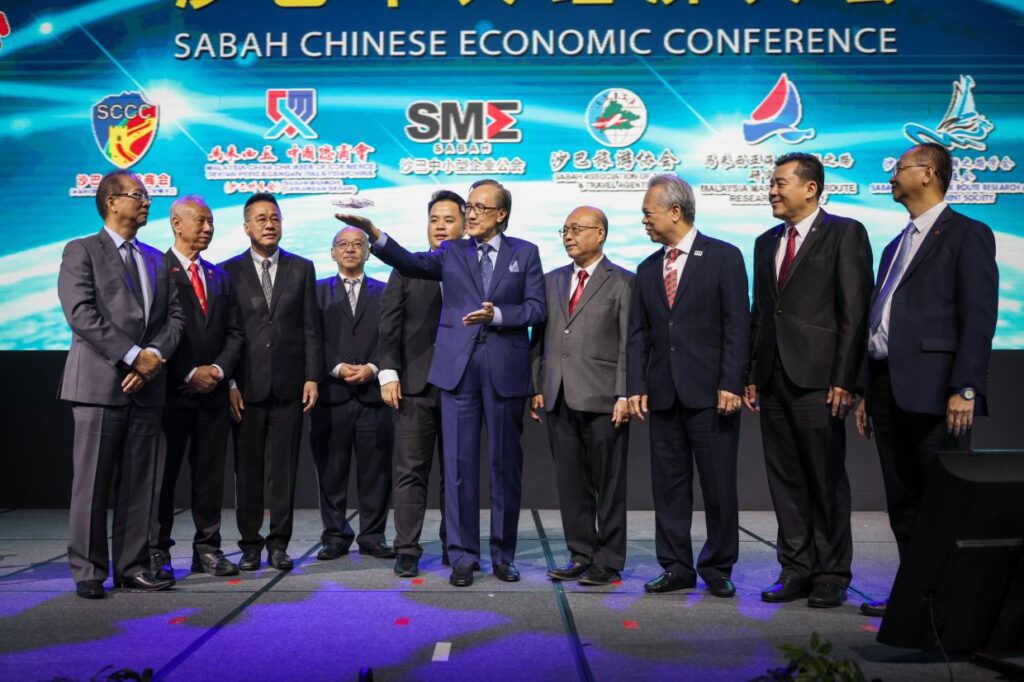The estimated reading time for this post is 126 seconds
Digital transformation is no longer a buzzword; it’s a reality. And for Sabah, it’s more than that – it’s a strategic move to leverage the new era of technology for significant economic growth. The Chief Minister, Datuk Seri Hajiji Noor, reaffirms the state government’s commitment to digitalisation, articulating a vision that extends far beyond simple technological advancement.

Speaking at the Sabah Chinese Economic Conference on August 23rd, Hajiji emphasized the importance of technology and innovation in boosting productivity. What makes this even more significant is the all-encompassing approach that Sabah’s government is adopting, with artificial intelligence (AI) being highlighted as a game-changing factor.
As technology advances, so does the expectation for businesses to leverage it. Hajiji warns, however, that embracing technology isn’t just an opportunity; it’s a necessity. “Digital experience makes all the difference,” he noted, cautioning that businesses failing to invest in digital technologies would not stay competitive.
The numbers back him up, with projections suggesting that by 2025, the digital economy will contribute to an impressive 22.6% of Malaysia’s GDP and create half a million jobs.
But what sets Sabah’s approach apart is not just the focus on technological advancements. It’s the balanced view of integrating technology with human capital empowerment. The vision of competency, innovation, resilience, and integrity in human resources is commendable.
The state government is backing this vision with concrete steps. Sabah Economic Development and Investment Authority (Sedia) recently organized a Drone Seminar to explore the potential impact of drones on the state’s economy. With an eye on the Industrial Revolution 4.0, there’s a push towards Technical and Vocational Education Training (TVET) and the expansion of the Internet of Things (IoT).
What’s clear from this development is that Sabah isn’t simply jumping on the digital bandwagon. It’s creating a roadmap that encompasses technology, people, and innovation.
“Collaboration with industry on skills training needs to be improved to enhance the capacity and marketability of our human capital,” Hajiji said. This statement reflects the forward-thinking approach that intertwines technology with human potential.
As the world rapidly shifts towards a new digital era, Sabah’s clear commitment to embracing both technology and human development positions it as a leader in this journey.
The message from the top is clear: To be competitive, creativity and pro-activity are crucial, and Sabah seems ready to lead by example. The question that remains is how other states will respond to this challenge.
